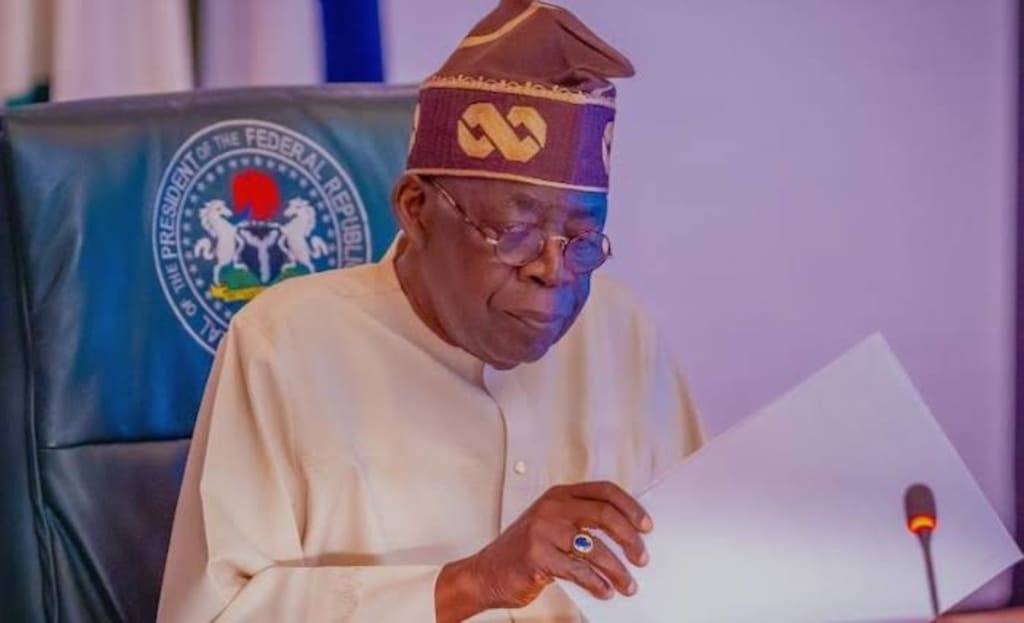Governors in Nigeria: Struggling for Power in a Federal System
Nigeria's current governors have been working diligently to address various challenges and improve the lives of citizens. Here are some notable examples:
- Economic Development: Governors like Babajide Sanwo-Olu of Lagos State and Abdullahi Sule of Nasarawa State have implemented initiatives to boost economic growth and attract investments.
- Infrastructure Development: Governors such as Hope Uzodinma of Imo State and Dapo Abiodun of Ogun State have prioritized infrastructure projects, including road construction and healthcare facilities.
- Education: Governors like Godwin Obaseki of Edo State and Seyi Makinde of Oyo State have introduced programs to improve education, including teacher training and scholarship initiatives.
- Healthcare: Governors such as Ahmad Aliyu of Sokoto State and Bala Mohammed of Bauchi State have worked to enhance healthcare services, including the establishment of new hospitals and healthcare centers. Security: Governors like Uba Sani of Kaduna State and AbdulRahman AbdulRazaq of Kwara State have implemented measures to improve security, including community policing and surveillance systems.
Some notable governors and their states include:
- Alex Otti - Abia State
- Ahmadu Umaru Fintiri- Adamawa State
- Umo Eno - Akwa Ibom State
- Charles Soludo - Anambra State
- Bala Muhammad - Bauchi State
These governors, among others, have demonstrated commitment to addressing Nigeria's challenges and promoting development in their respective states.
Nigeria, often referred to as the "Giant of Africa," operates a federal system with 36 states and a presidential system that grants immense executive power to the president and governors ¹. This complex political landscape has led to struggles for power among governors, which can be attributed to the country's history, ethnicity, and religion.
istorical Context
Nigeria gained independence in 1960, and since then, the country has oscillated between civilian democracy and military rule. He current democratic regime, which began in 1999, has seen governors play a crucial role in shaping the country's politics. However, the legacy of military rule and the influence of ethnicity and religion continue to impact the distribution of power.
thnicity and Religion
Nigeria is home to over 300 ethnic groups, with three major groups dominating the political space: the Hausa-Fulani, Yoruba, and Igbo ¹. These groups have historically vied for power, and their influences extend to the state level, where governors often find themselves caught in the midst of ethnic and religious tensions.
truggle for Power
The struggle for power among governors is multifaceted:
- esource Control Governors often clash with the federal government over control of resources, particularly oil revenues ¹.
- olitical Influence Governors seek to expand their political influence within their states and at the national level.
- thnic and Religious Loyalties Governors must navigate complex ethnic and religious dynamics, which can impact their ability to govern effectively.
onsequences
The struggle for power among governors has significant consequences for Nigeria's democracy and development:
- nsecurity Ethnic and religious tensions can lead to insecurity, undermining the authority of governors and the federal government.
- conomic Stagnation The struggle for power can divert resources away from critical development projects.
- emocratic Erosion The concentration of power in the hands of a few individuals can erode democratic institutions and processes.
ay Forward
To address the struggle for power among governors, Nigeria must:
- oster Greater Autonomy Grant states greater autonomy to manage their resources and affairs.
- romote Ethnic and Religious Harmony Encourage dialogue and cooperation among ethnic and religious groups.
- trengthen Democratic Institutions Ensure that democratic institutions, such as the judiciary and legislature, remain independent and effective.
Ultimately, Nigeria's federal system requires a delicate balance of power between the federal government and state governors. By addressing the underlying issues driving the struggle for power, Nigeria can strengthen its democracy and promote development for all its citizens.




No comments yet
Be the first to share your thoughts!